Iran: EU official due in Tehran on Thursday, talks to focus on JCPOA, other topics
Iran says European External Action Service (EEAS) Deputy Secretary General Enrique Mora will visit Tehran this week, with talks on the resumption of talks on a potential revitalization of the 2015 nuclear deal expected to be high on his agenda.
“According to previous arrangements, this trip will take place on Thursday,” Iran’s Foreign Ministry spokesman Saeed Khatibzadeh told reporters on Tuesday.
“The visit is a continuation of consultations between the two sides on issues of mutual interest, including relations between Iran and the [European] Union, Afghanistan and the JCPOA,” said the Iranian official, using the acronym for the official title of the nuclear deal, the Joint Comprehensive Plan of Action.
He also stressed that contacts between the Islamic Republic and the 27-nation bloc have never been interrupted but constantly ongoing on various issues, adding that Mora’s visit will take place within the same framework.
The remarks came amid a pause in Vienna talks between envoys from Iran and the P4+1 group of countries — Britain, France, Russia, and China plus Germany — on a potential revival of the JCPOA.
The negotiations stalled in June, when Iran held a presidential election. Since then, Tehran has been reviewing the details of the six rounds of the discussions held under the previous administration.
Speaking on Monday, Khatibzadeh said, “Our friends are reviewing the topics day and night. We will not miss even an hour to finalize the date [for the resumption of the talks] after the internal review process on the negotiations reach a conclusion. In the coming days, we will witness more diplomatic activities and interactions in the fields of the JCPOA and the Vienna talks.”
Citing officials with knowledge of the Iranian nuclear case, Bloomberg said Mora would seek an agreement to restart the talks between Iran and its JCPOA partners.
The unnamed sources said shuttle diplomacy between the participants in the talks — China, France, Germany, Russia, and the UK — has picked up recently, and a restart of broader talks could happen within the next three weeks.
Former US president Donald Trump left the JCPOA in May 2018 and re-imposed the anti-Iran sanctions that the deal had lifted. He also placed additional sanctions on Iran under other pretexts not related to the nuclear case as part of the “maximum pressure” campaign.
Following a year of strategic patience, Iran resorted to its legal rights stipulated in Article 26 of the JCPOA, which grants a party the right to suspend its contractual commitments in case of non-compliance by other signatories, and let go of some of the restrictions imposed on its nuclear energy program.
Now, the new US administration under President Joe Biden, says it wants to compensate for Trump’s mistake and rejoin the deal, but it is showing an overriding propensity for maintaining some of the sanctions as a tool of pressure.
Tehran insists that all sanctions should first be removed in a verifiable manner before the Islamic Republic reverses its remedial measures.
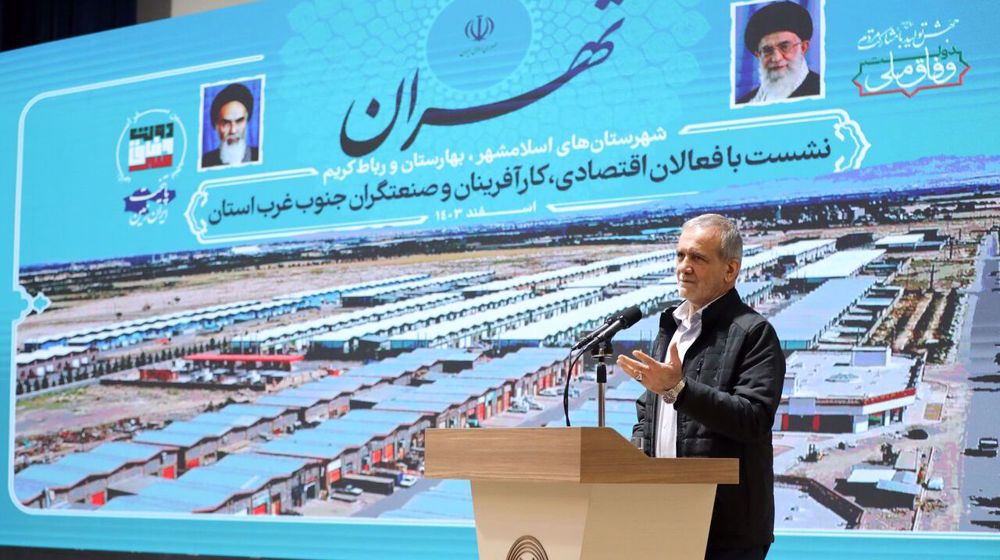
Pezeshkian: Iran open to talks but won’t capitulate to bullies
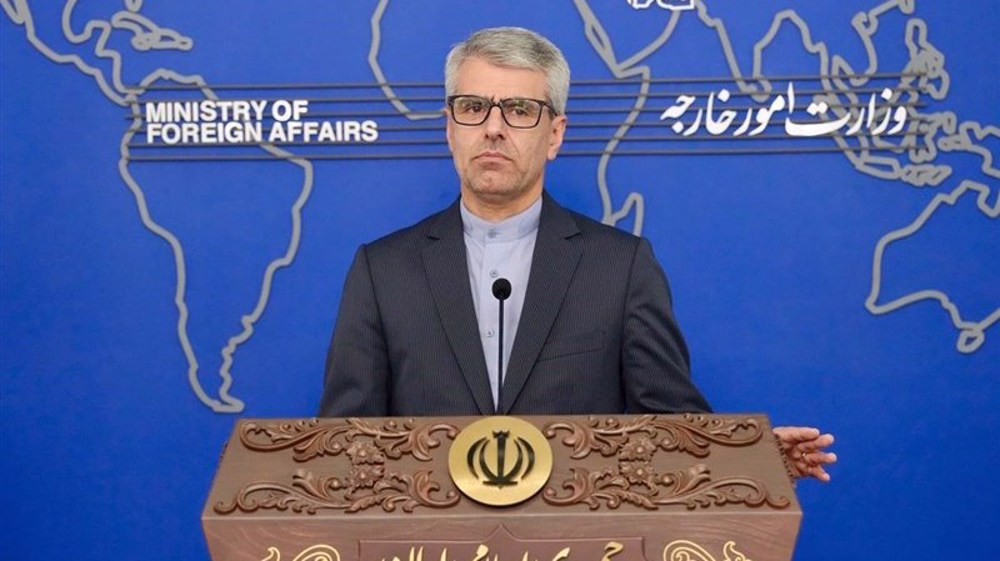
Iran urges swift action to end Israel’s strikes on Syria
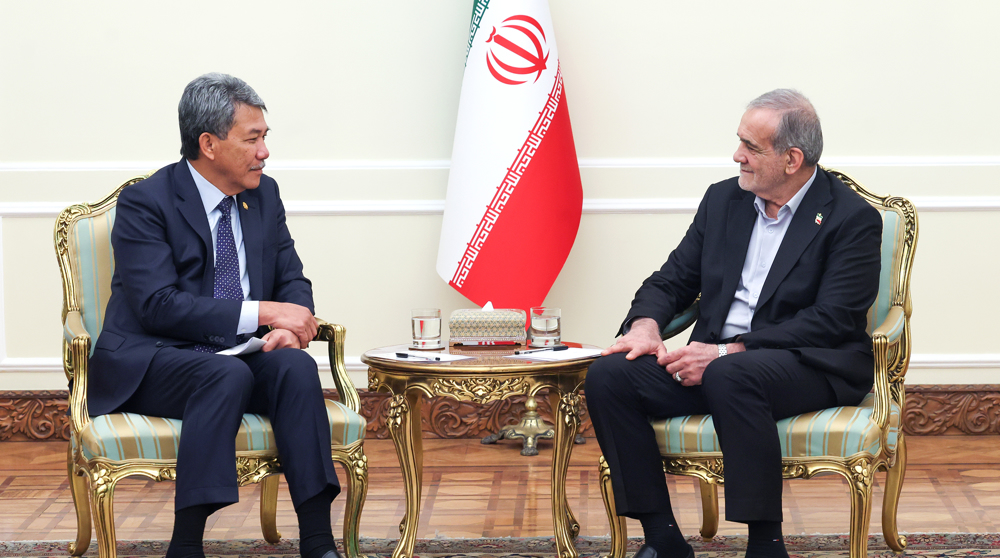
Pezeshkian urges promotion of convergence among Muslim states
Over dozen settlers injured in anti-Israel operation near Haifa
Pezeshkian: Iran open to talks but won’t capitulate to bullies
VIDEO | Iran unveils advanced naval arsenal
VIDEO | Reunion of released Palestinians and their families in Khan Yunis
Kurdish leader Ocalan calls on PKK militants to end war with Turkey
Health leader warns Africa's health services at risk of 'collapse'
VIDEO | Press TV's news headlines
Iranian flotilla makes port call in India with 'friendship message'


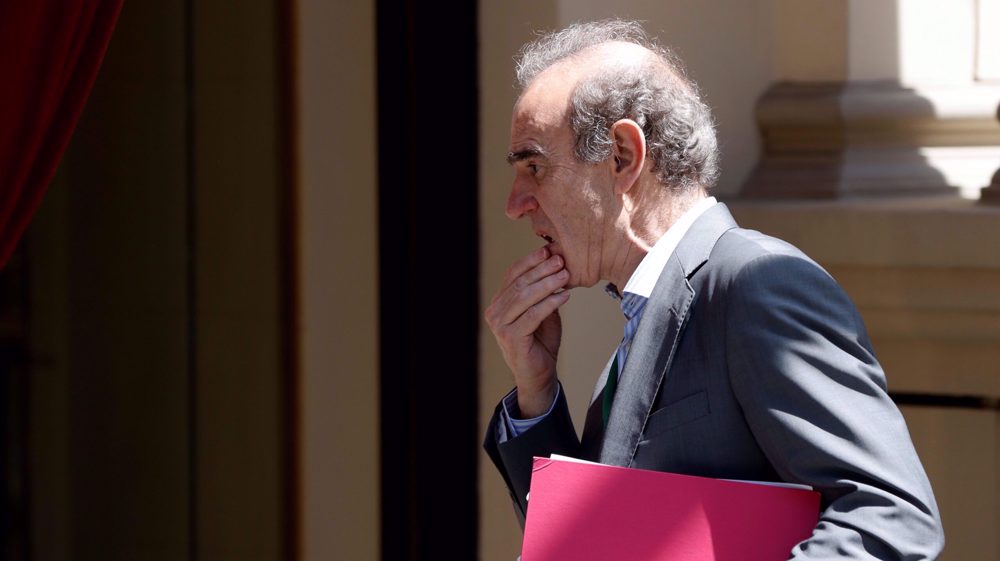
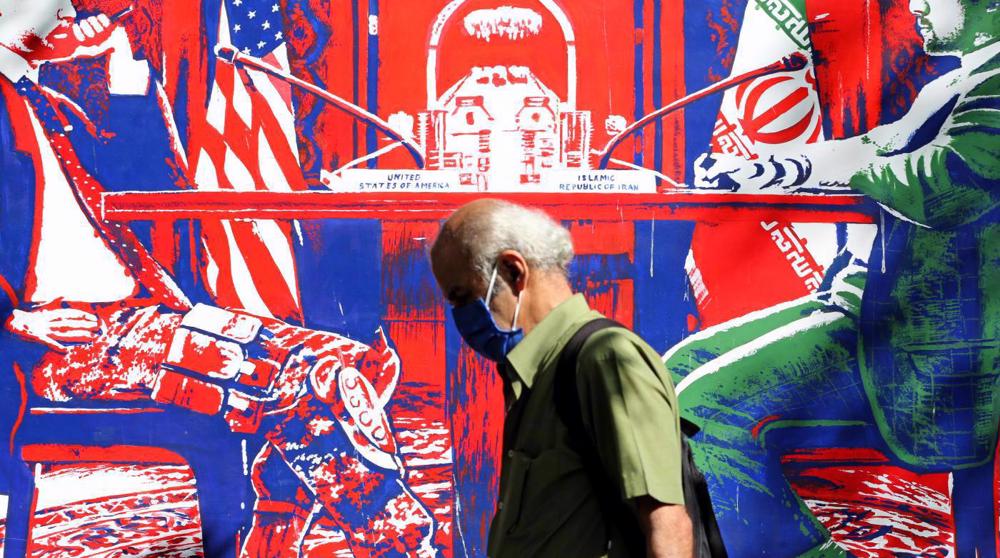



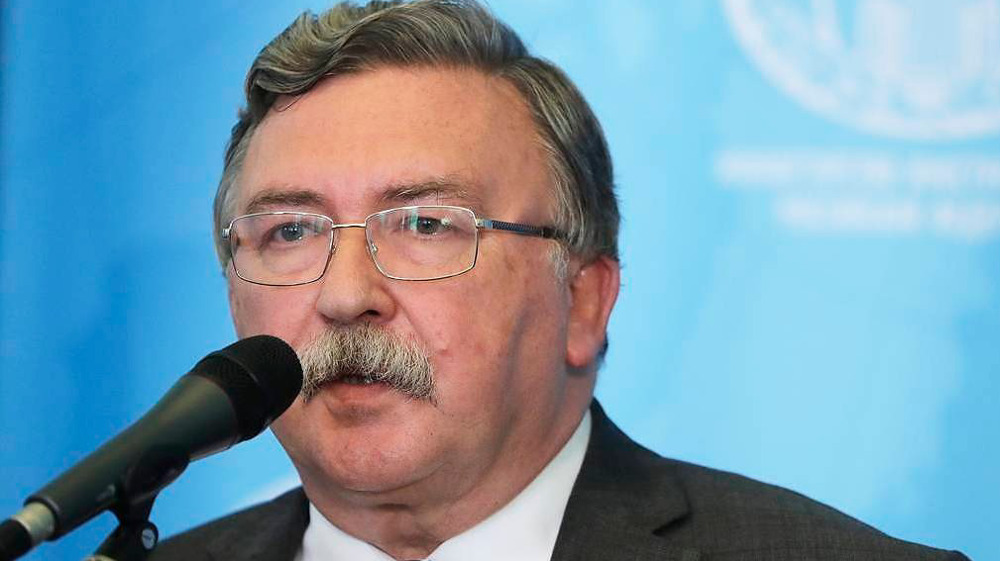
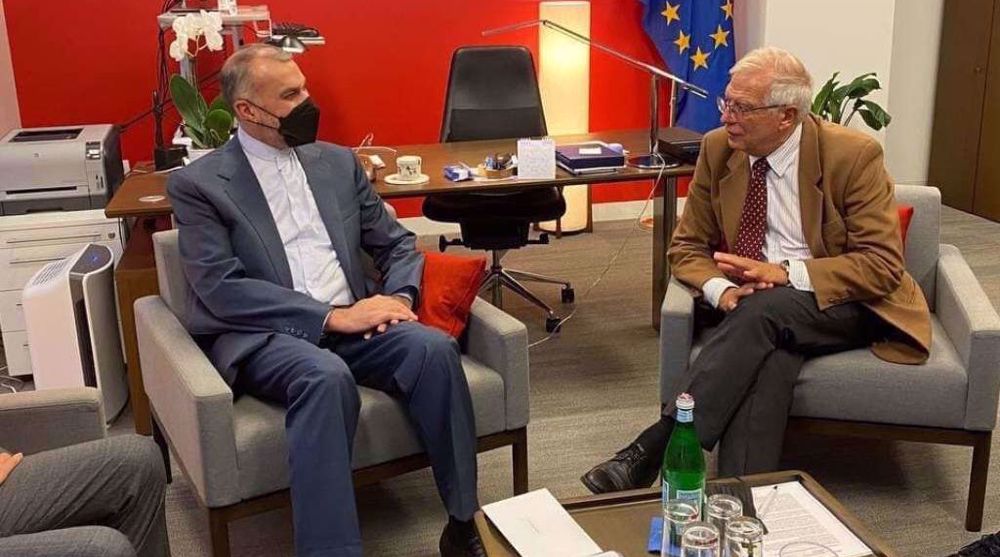
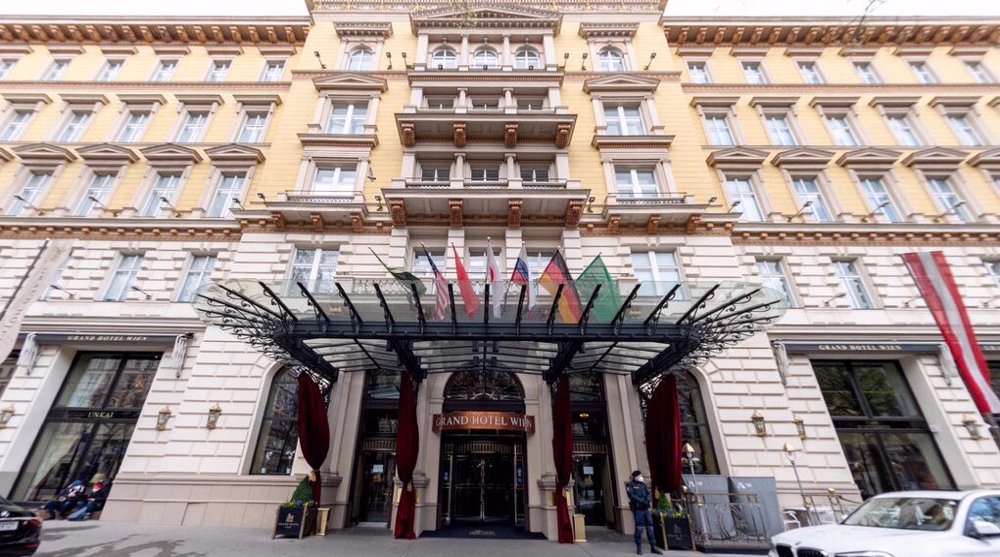
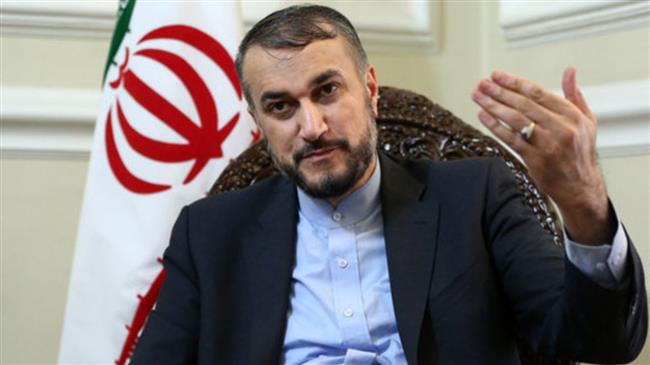
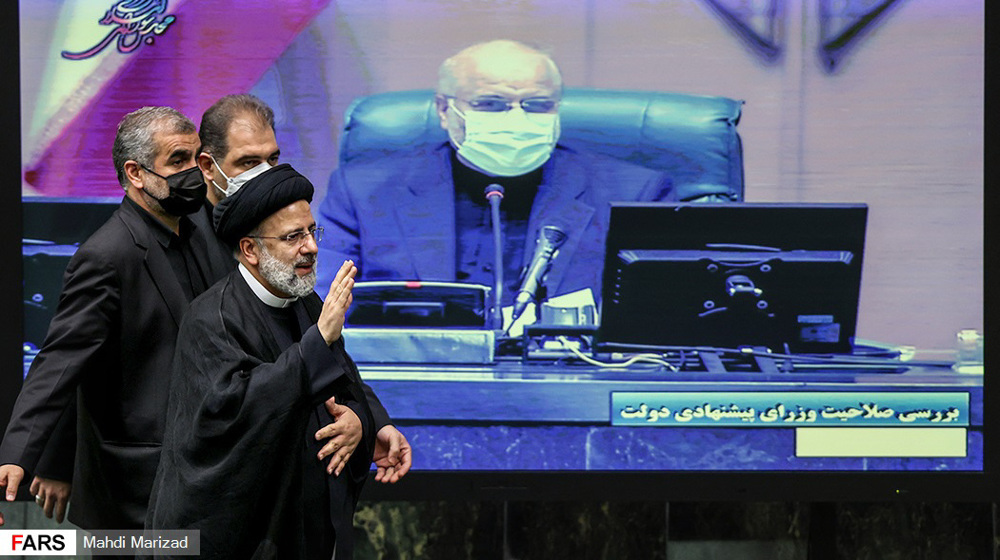


 This makes it easy to access the Press TV website
This makes it easy to access the Press TV website